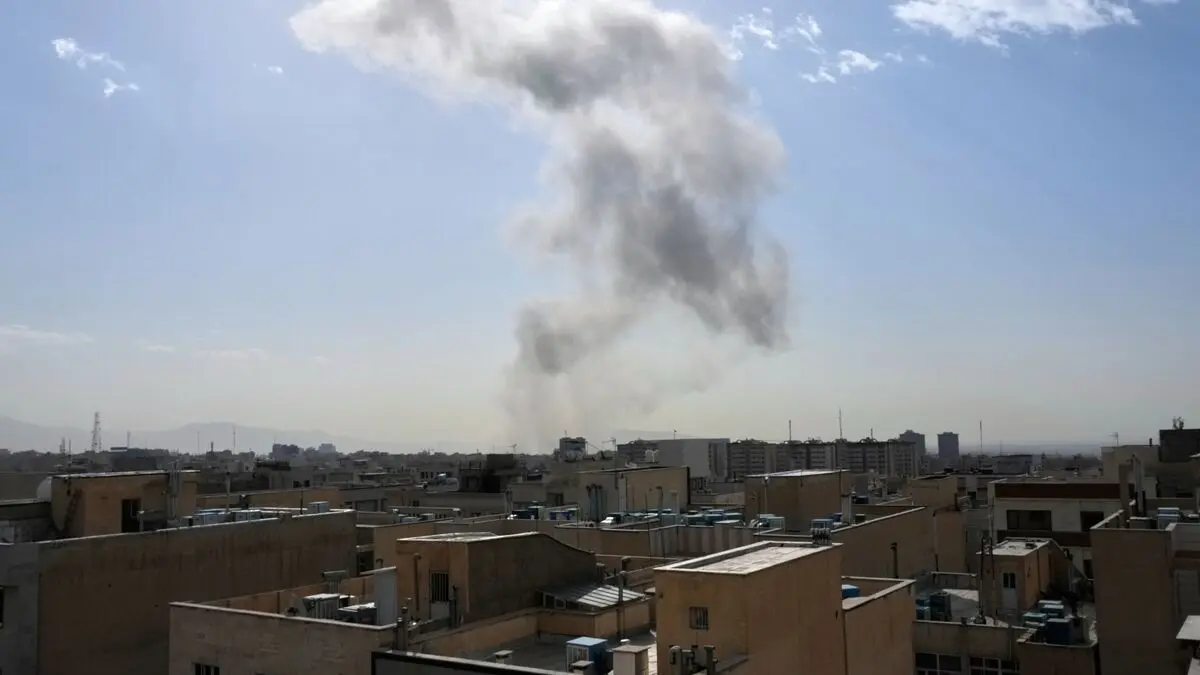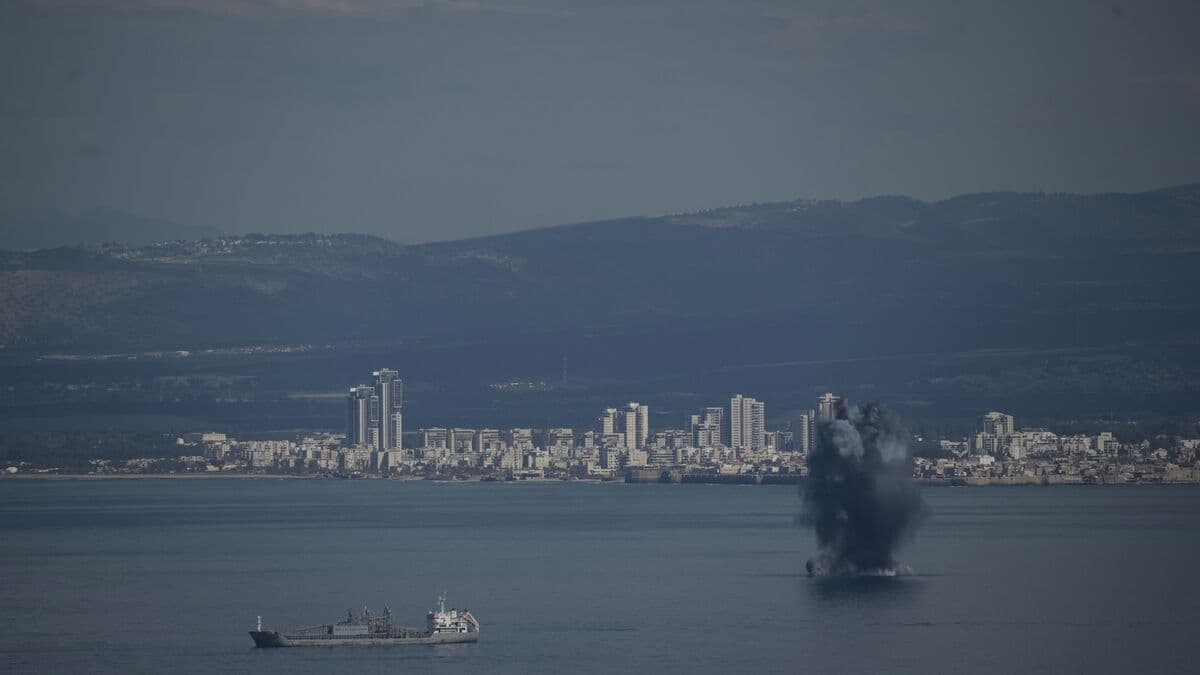There are many previous examples in the region, dating back to at least the Six-Day War and the October War, when Israel's neighboring countries tried to destroy the young Jewish state. Atarodi mentions Israel's first invasion of Lebanon in 1982, the US-led overthrow of Iraq's dictator Saddam Hussein, and decades of superpower involvement in Afghanistan – military might and surprise bring quick successes, but then what?
There are tactical victories, military victories today. But long-term problems, political problems, remain, says Atarodi, an independent security policy analyst.
They can very well come back to the surface in two years, five years, or whatever, in Iraq and Afghanistan. In some cases, it can come back ten years later.
Testing the Boundaries
This time, it was the Palestinian Hamas that shocked Israel with its massive terrorist attack on October 7 last year. The response was an overwhelming military offensive. It was initially focused on Gaza, although Hamas allies in Lebanon, Yemen, and – to a lesser extent – Syria and Iraq, also joined the fighting.
It was only after half a year that Israel "began to slightly test the boundaries of Iran", the superpower behind the militias, according to Atarodi. On the evening of April 1, Israeli fighter jets swept over Syria. Missiles were fired at Iran's consulate in Damascus, which was destroyed. Generals and diplomats were killed.
Weakened Capacity
Iran responded with the first direct missile attack ever against Israel. The conflict's playing field was thus definitively redrawn.
It quickly became clear that the region's two other crucial superpowers, Saudi Arabia and Turkey, would stand on the sidelines. And so did the US, to a large extent, when the superpower's attempt to impose a ceasefire in Gaza fell through.
The massive military support to Israel remains, says Atarodi.
But the idea of the US as an actor that has the capacity to put pressure on Israel has disappeared, or at least been greatly weakened.
"What is the Purpose?"
Israel has thus been able to continue challenging Iran in increasingly spectacular ways – with the person-hunting attacks in Lebanon as a climax, the bombs that killed Hamas and Hezbollah's top leaders, Ismail Haniya and Hassan Nasrallah, another.
But if it now appears that Israel can do what it wants militarily, the question remains what happens next.
It is extremely important for Israel to formulate something political now. What does it want to achieve in Lebanon? How long will it stay there? What is the purpose?
Does it have a political solution for how Gaza should be governed? And so on. There are incredibly many fundamental problems that remain.






